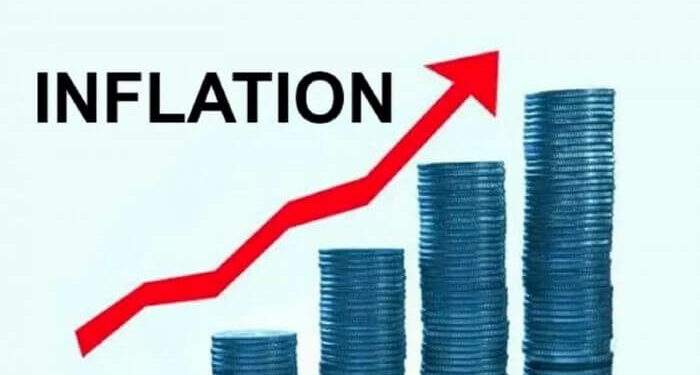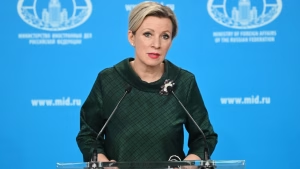In a recent update on Nigeria’s economic outlook at the International Monetary Fund/World Bank Spring Meetings in Washington D.C., the IMF revealed projections that highlighted a significant shift in inflation rates. The Division Chief of the IMF Research Department, Daniel Leigh, pointed out the impact of Nigeria’s economic reforms, such as exchange rate adjustments, which have led to a surge in inflation rate to 33.2 percent in March. This increase was further confirmed by recent data released by the National Bureau of Statistics, showing a rise in food inflation to over 40 percent in the first quarter of 2024.
Leigh projected a decline in inflation to 23 percent next year and 18 percent in 2026, contrasting with the IMF’s previous prediction of a new single-digit inflation rate for 2025. He also discussed Nigeria’s economic growth, expected to rise from 2.9 percent last year to 3.3 percent this year, driven by the recovery in the oil sector, improved security, and advancements in agriculture.
The IMF official highlighted a broad-based increase in Nigeria’s financial and IT sectors, attributing the rise in inflation to reforms, exchange rate adjustments, and their impact on imported goods. The IMF revised its inflation projection for the current year to 26 percent, with expectations that tight monetary policies and significant interest rate increases will help curb inflation.
Pierre Olivier Gourinchas, an official of the IMF Research Department, commented on the global economic landscape, noting the rise in oil prices due to geopolitical tensions and high services inflation in many countries. Despite Nigeria missing its inflation target of six to nine percent for over a decade, Gourinchas emphasized the importance of bringing inflation back to target as a priority.
He warned of the risks posed by geo-economic fragmentation to global growth prospects and stressed the need for careful calibration of monetary policy. Gourinchas highlighted the significance of preserving improvements in monetary, fiscal, and financial policy frameworks, particularly for emerging market economies, to maintain a resilient global financial system and prevent a permanent resurgence in inflation.









